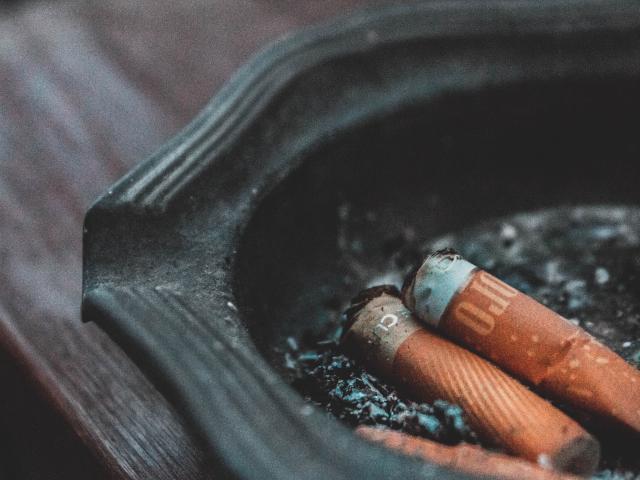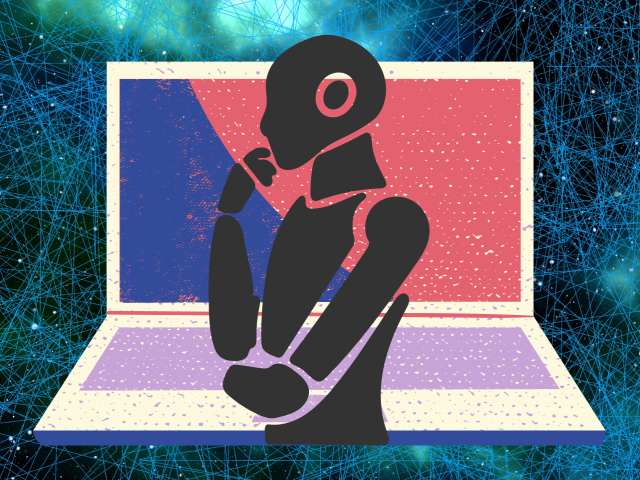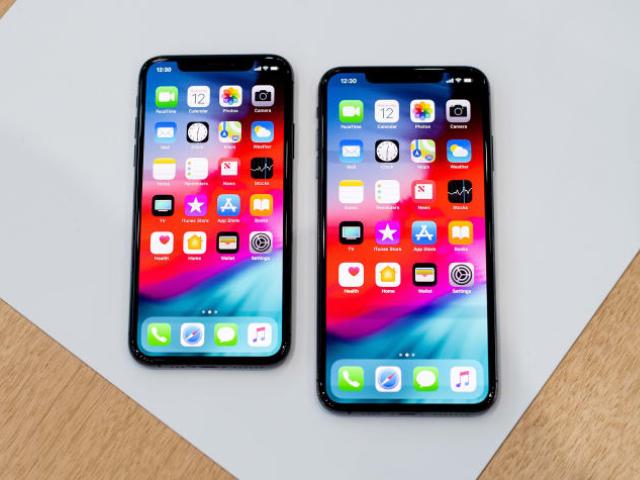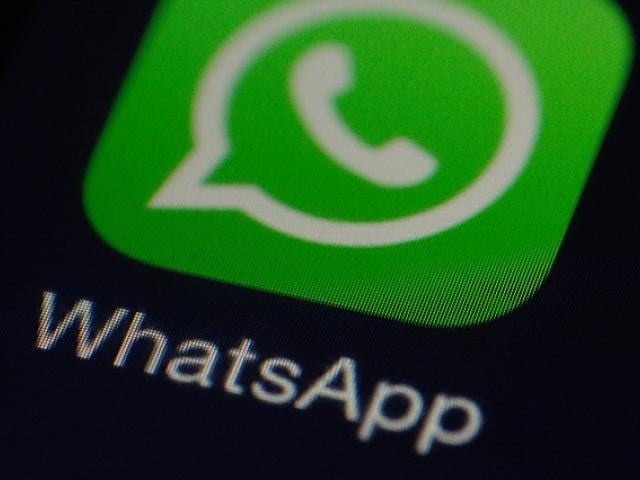“Is this video real or fake?” several readers recently asked Africa Check, referring to a video appearing to show a female Kenyan politician lying naked in bed.
Earlier, other readers sent us a video purporting to show a popular female Kenyan influencer having sex with an unidentified man.
Hypervisible women such as journalists and politicians are often victims of digital sexual abuse. It is an attempt to undermine their social standing and shame them, which in turn could silence them and discourage their active participation online and offline.
Leaked intimate images and videos are often incorrectly referred to as “revenge porn”. But this implies that victims have committed an original harm for which the perpetrator is owed retribution, and that the material was published with consent for mass consumption. To be clear, sharing such content is abuse and sexual violence.
A 2021 study by the Inter-Parliamentary Union and the African Parliamentary Union found that nearly 50% of women parliamentarians in Africa have been the target of sexist attacks online.
In the two examples from Kenya, those who contacted Africa Check wanted fact-checkers to settle the debate – to authenticate the salacious content or exonerate the subjects.
But why don’t we step in and set the record straight?
Limits of fact-checking intimate content
If the image or video has appeared elsewhere online before, it can be verified using reverse image search techniques. If the content is new, as it often is, there will be no match online.
If the content is more sophisticated, such as a deepfake, verification is even more difficult. Synthetically manipulated multimedia requires a different approach. Some of the tools required may not be publicly available, and will therefore be out of reach for most of the fact-checking community.
(For more information on this topic, see our guide to identifying images generated by artificial intelligence here and our blog on AI-powered disinformation here.)
Foolproof digital multimedia forensics often requires the original device used to create the content, such as the computer, camera or mobile phone. In the case of leaked intimate images and videos, fact-checkers cannot access the actual device that created the content because they lack the legal authority to do so. The anonymity that the internet provides to leakers also makes it difficult, but not impossible, to trace the original perpetrator.
Multiple offenders
In Kenya, it is illegal to publish or share intimate images of another person.
“A person who transfers, publishes, or disseminates … the intimate or obscene image of another person commits an offence,” states section 37 of the 2018 Computer Misuse and Cybercrimes Act. The law goes on to say that such a person is liable on conviction to a fine not exceeding KSh200,000 (US$1,400 at current rates), imprisonment for up to two years, or both.
The act of (re)sharing such images on social media platforms created multiple offenders, even if none of them were the original perpetrators, Victor Kapiyo, an advocate and partner at Kenyan law firm Lawmark Partners LLP, told Africa Check.
The purpose of sharing the images was usually to humiliate, harass and embarrass. This meant that sharing perpetuated and amplified that intent, he said.
And because fact-checkers have to show what they are verifying, republishing intimate content can recycle the online abuse.
Even if fact-checkers found intimate images to be authentic, they could be fuelling digital sexual abuse against victims. And if the content was found to be fake, fact-checkers could be contributing to the spread of gendered mis/disinformation by making a spectacle of the situation. Simply put, there is no benefit to confirming or denying the identity of victims of intimate image or video abuse.
Laws protect, but legal proceedings are tedious
Privacy laws and the Kenyan constitution grant “every person” the “right to privacy” including “the right not to have information relating to their family or private affairs unnecessarily required or revealed”.
In 2016, the Kenyan high court awarded damages of KSh1 million ($7,000 as of 26 July 2023) to an ex-boyfriend of a top model for breaching privacy laws by sharing intimate and private photos of the model.
The country’s data protection law also protects victims whose intimate videos, photos or private data are shared online. The law gives victims the right to request the removal of such content.
Despite the existence of these types of laws in countries around the world, seeking justice after intimate image abuse is difficult. Legal proceedings are expensive and traumatising for victims, who often have to recount their abuse in court and give up their anonymity.
In Kenya, there is the added challenge of the rigour required to process digital evidence in Kenya.
What you can do instead
Fact-checking organisations are not the arbiters of justice. Laws and law enforcement authorities exist for that very reason. If you see leaked intimate content online, report it. Do not share or forward it. Do not discuss it or make a spectacle out of it.
What can you do if your private and intimate pictures and videos are leaked online?
- Document any evidence of the abuse. This will help you build a case against the perpetrator(s).
- Report to the police.
- Consult a lawyer.
- Seek counselling and mental health care.
- Get support from your community, friends and family.
- Talk to other victims of technology-assisted violence to share experiences and strategies for navigating the abuse.
For more information on different types of technology-assisted violence, their impact and general tips on how to stay safe online, see this online safety curriculum.







Add new comment